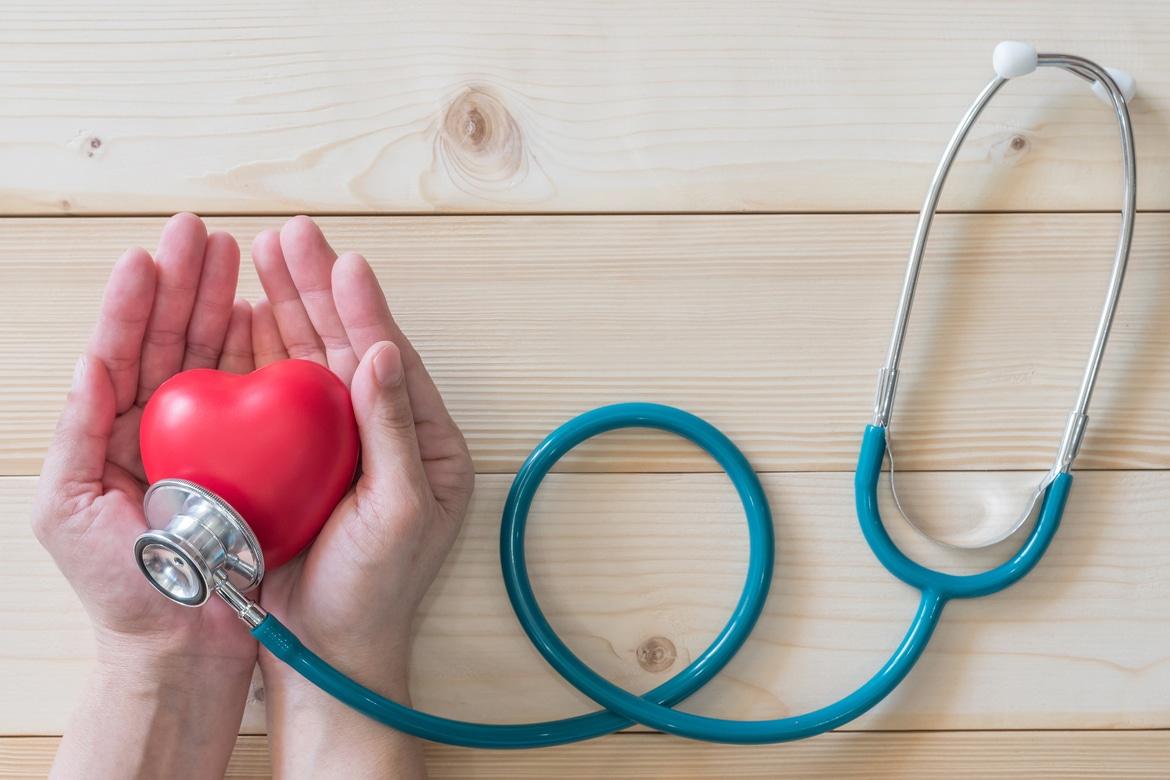-
-
Featured Care Areas

Cardiac Arrest
How is cardiac arrest diagnosed?
If you survive a cardiac arrest, you will be closely monitored in the intensive care unit. Your doctor will seek to determine what caused it and how you can prevent a reoccurrence.
Your doctor may recommend the following tests:
- Blood test, which checks your levels of certain cardiac enzymes to determine if you have had a heart attack.
- Chest X-rays, which check for other conditions that might explain your symptoms and to see if you have an enlarged heart.
- Coronary angiography, a minimally invasive procedure to see how blood flows through your heart's arteries.
- Echocardiogram, such as a transthoracic echocardiogram (TTE), which uses sound waves to produce images of your heart.
- Electrocardiogram (ECG), which records your heart's electrical activity through electrodes (small, plastic patches that stick to the skin).
- Testing for kidney, liver function, diabetes and cholesterol.
How is cardiac arrest treated?
Once you are rushed to the emergency room at the hospital, the medical staff will perform advanced life support resuscitation to stabilise your condition. Therapeutic shock and emergency medications may be given to stabilise your heart rhythm.
If you survive a cardiac arrest, your doctor will discuss with you the best treatment options to prevent a reoccurrence. These include:
- Coronary angioplasty, a minimally invasive procedure that opens narrowed or blocked coronary arteries through a balloon (balloon angioplasty).
- Coronary artery bypass surgery (CABG), an open-heart surgery that creates an alternate route for blood to flow around a coronary artery blockage.
- Corrective heart surgery, to correct a congenital heart deformity, faulty valve or diseased heart muscle tissue due to cardiomyopathy.
- Implantable cardioverter-defibrillator (ICD), a battery-powered device implanted near your left collarbone. It monitors your heart rhythm and sends out energy shocks whenever it detects dangerous heart rhythm changes to reset your heart back to a normal rhythm.
- Medications, such as beta blockers, anti-arrhythmic drugs, angiotensin-converting enzyme (ACE) inhibitors and calcium channel blockers.
- Radiofrequency catheter ablation, where one or more catheters are threaded through your blood vessels to inside your heart to detect and block abnormal electrical pathways that may have triggered the cardiac arrest.
This page has been reviewed by our medical content reviewers.
Need help?
For enquiries, please call
+65 6575 7575
For appointment bookings, please WhatsApp
+65 8111 9777





